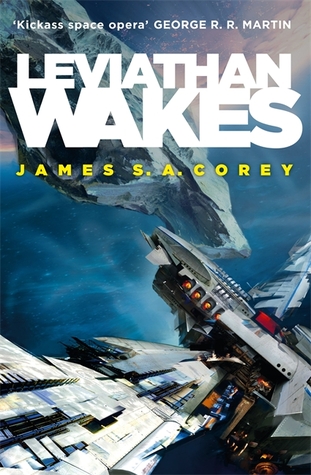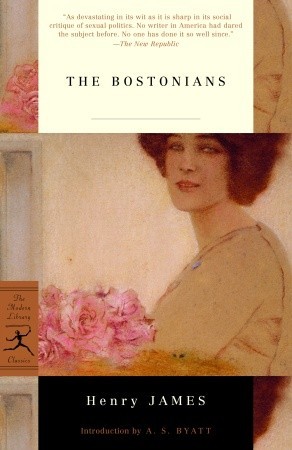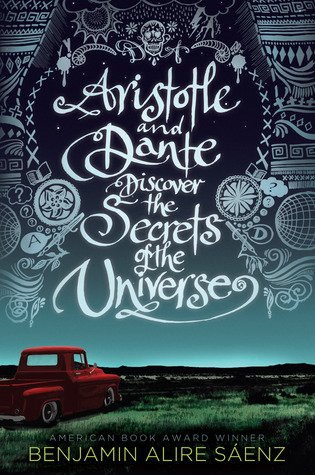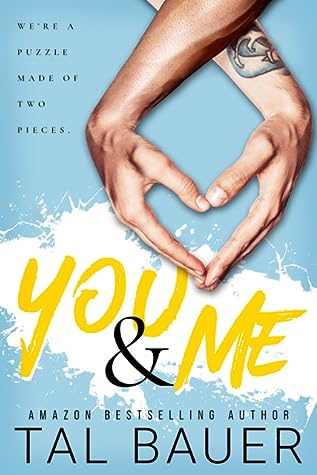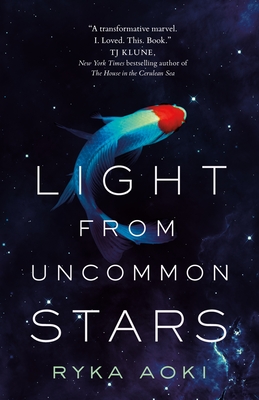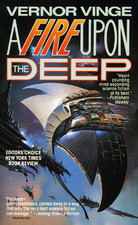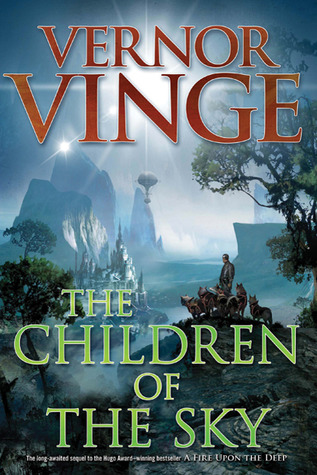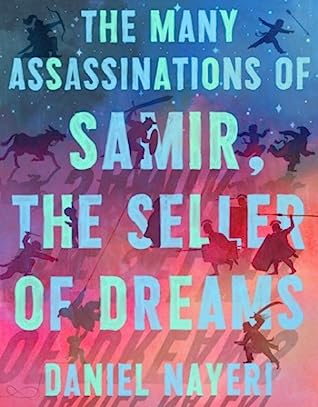
The chief delight of this book is Avasarala, the potty-mouthed UN politician insider who is one of the best features of the novel (and series), and whose portrait by Shohreh Aghdashloo is the highlights of the filmed series; actor and character are intertwined in my head and can’t be separated. She is that near-stereotype of the savvy politician who gets things done but she has panache. The rest of the book delivers on a high level as well, but on the whole it has the feeling of something transitional, necessary to reach the next high point but less than compelling on its own terms. The political and military maneuvering, including space navies and missiles and counterdefenses, are part of the opera, as it were. Added to the mix is our obsession with children, in this case the saving of a single child whose fate is caught up with the workings of the protomolecule and forms the central spine of the plot. And of course there’s Bobbie Draper the Martian space marine, who is almost as good as Avasarala. The various pieces of plot blend but in a lumpy way, and I find myself impatient with nearly everybody for being themselves. I also wondered in retrospect why the protomolecule, that magical can-do-anything bit of invention, went to Venus rather than to Earth, which was its original destination, and was impatient for it to do what I already knew it would do from having watched the streaming series. The weakest part of the book by far is the villains, the evil scientist and the evil corporate head, who are a bit pro forma, though they are certainly necessary and their plans are clearly nefarious. This particular volume has a feeling of under-complication in those areas. But it is nevertheless a strong read and a page turner and does its job.

